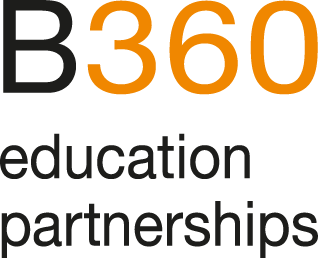Interview with Martha Namutuwa
Industry Liaison Officer
Cooperative Education Unit (CEU)
What are the focus points and objectives of the Cooperative Education Unit at NUST?
The Unit focuses on building relationships and partnerships between the local industry, public sector, Non-Governmental Organizations and communities to facilitate the internship placement process, and secure workplace sites for students to do Work Integrated Learning (WIL). The unit serves as a link between the WIL stakeholders (students, industry and the university).
As Industry Liaison Officer you are in close and regular contact with the industry in Namibia, and you know the current situation of the labor market. What is your view of the economic development in general and of the job market in particular?
My opinion is that the economic growth has been slow in Namibia because of the current economic down turn experienced globally. A steady development is experienced so far in tourism, banking and mining sectors. In the job market there is a high demand for skills, however there is a gap between the supply and demand according to the skills deficit survey conducted in 2010 by the Namibia Employer's Federation.
How difficult is it for a NUST alumnus to find employment?
It is very difficult as it can take up to a year to two for a graduate to secure employment in the area in which they hold a degree.
What are the main challenges for the students when looking for a job after graduation?
Lack of employment opportunities. Employers are demanding graduates to have work experience in the particular field of study, whilst they have just graduated. The lack of work readiness skills might also contribute to the challenge.
The B360 Career Starter Workshop is a project that arose out of the close cooperation between NUST and B360. The pilot phase is behind us. What were the principal insights and highlights?
The use of business cases, games and practical examples gets students involved, they can actively learn about the world of work and their employability skills are strengthened. The one-on-one feedback to each student pointing out their strengths and areas of development is very helpful and gives the students insight on how to prepare for interviews and internships as well as how to write good job application letters. The feedback from students show that they also learn about time management, self-branding, communication and gain a lot of self-confidence.
We would also like to know how the NUST lecturers and industry representatives received the idea of this “fitness program” for university graduates, and how they reacted to it.
This „fitness program“ for students contributes towards shaping the students to be better prepared for the world of work and I think it is viewed positively by NUST, industry mentors and supervisors.
More B360 Career Starter Workshops are planned for the future. What specific tasks and challenges are you and your team going to face?
Aspects such as coordination, venue, number of students applying versus the number that can be accommodated in the B360 workshops. Planning the workshops in such a way that it does not clash with the normal class schedules. Finally, receiving the printed certificates on time is also a challenge as several departments are involved in the process.
At the end of the workshops, those participants who successfully completed the program receive a Career Starter and Work Readiness Certificate. How useful do you think this certificate will be for a job application?
The students can attach the certificate to their internship or job applications. This is helpful as it indicates to potential employers that they attended a work readiness workshop and have acquired relevant skills for the workplace.
What would you wish from Namibian employers with regard to their recruitment policy, especially when it comes to young people?
To relax the work experience requirements and take a more mentoring and coaching approach towards recruitment and accept internships as work experience when interviewing NUST graduates.
